COVID-19 mitigation: Has Nigeria’s Central Bank done enough to protect the economy
By CNBC
22 March 2020 |
2:01 pm
As five more COVID-19 cases were confirmed in Nigeria on Wednesday, the government swung into action and made some swift reforms which include the reduction of petrol pump price – a N1.5 trillion cut in the 2020 budget and a travel ban on 13 countries with high COVID-19 infection rates. The Central Bank of Nigeria also announced a N1.1 trillion intervention fund to boost the economy. Adeoye Adefulu, Partner at Odujinrin and Adefulu and Kola Masha, Managing Director of Babban Gona both join CNBC Africa to discuss how these moves would impact some key sectors of the Nigerian economy.
In this article
Related
Related
1 day ago
The naira continues to trade around 1,300 against the greenback at the official market this week. Meanwhile, data from the CBN shows Nigeria’s currency in circulation has risen to 3.87 trillion naira at the end of March. Kingsley Nwaiwu, Head of Consumer sector sales, Global Markets at Stanbic IBTC joins CNBC Africa on the FX trading patterns, impact of CBN’s reforms and Nigeria’s drive to increase dollar flows.
2 days ago
Nigeria has announced plans to delist the naira from all peer-to-peer (P2P) platforms. According to the Director General of the Securities and Exchange Commission, the move is to tackle the manipulation of the local currency’s value in the foreign exchange market.
3 days ago
Find these stories and much more when you grab a copy of The Guardian on Thursday.
2 days ago
Find these stories and much more when you grab a copy of The Guardian on Friday.
1 day ago
Britain's Prince Harry and his wife Meghan, the Duke and Duchess of Sussex, arrived in Nigeria's capital, Abuja, on Friday to begin a three day visit of Africa's most populous nation.
1 day ago
Chad's election results are being disputed after interim President Mahamat Idriss Deby was declared the winner according to provisional results, something opposition leader Succes Masra described as an attempt to "steal" the vote.
Latest
1 day ago
Find these stories and much more when you grab a copy of The Guardian on Saturday.
1 day ago
From backstage to the spotlight; a young chap emerges filled with passion for dance and upcoming young stars. Osawere Austin took GuardianTV on his journey from grass to grace and the challenges he faced to reach stardom.
1 day ago
South Africa's President Cyril Ramaphosa signs a party funding bill into law, but opposition parties say the changes are unconstitutional, with some political critics even planning on mounting a legal challenge.
1 day ago
Labor unions called for people to strike against President Javier Milei's austerity agenda after the lower house of Argentina's Congress approved a downsized version of Milei's economic overhaul package in April.
1 day ago
Scammers are master manipulators. An expert reveals how to spoil scammers’ schemes and shield yourself from fraud.
1 day ago
Chinese President Xi Jinping's trip to the Western Balkan state strengthens the so-called steel friendship that has developed between Beijing and Belgrade. In Serbia, China is seen as the strongest ally after Russia.
×

Get the latest news delivered straight to your inbox every day of the week. Stay informed with the Guardian’s leading coverage of Nigerian and world news, business, technology and sports.


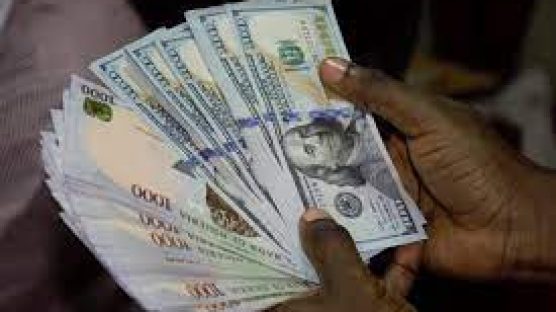
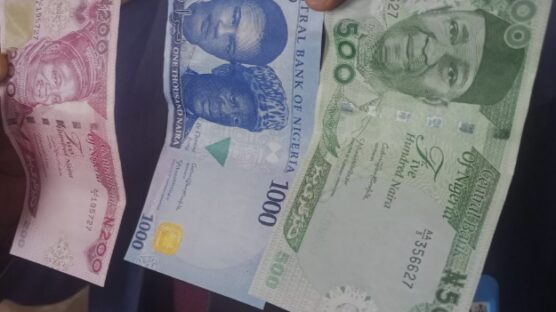
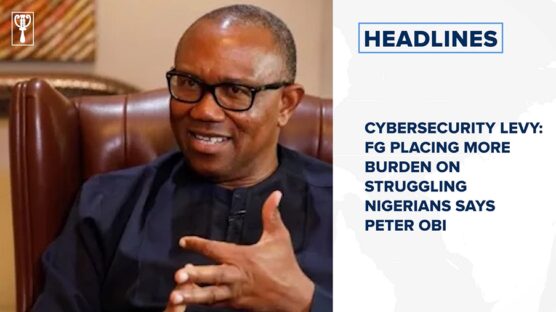
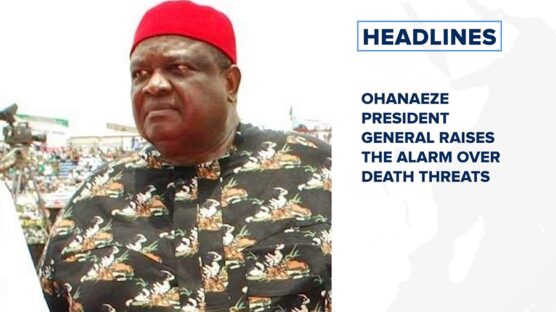

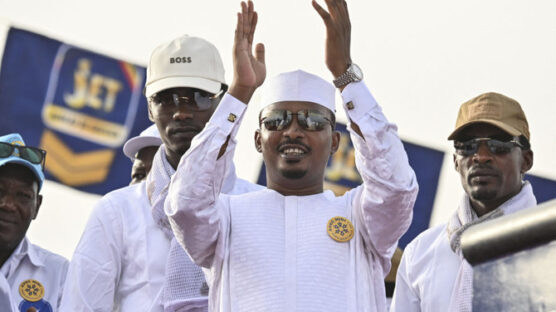




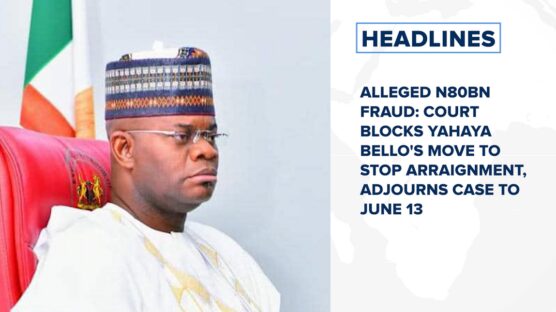
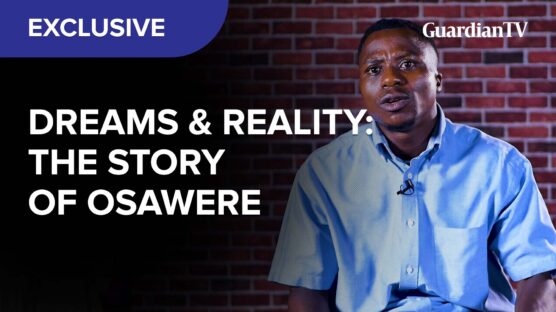
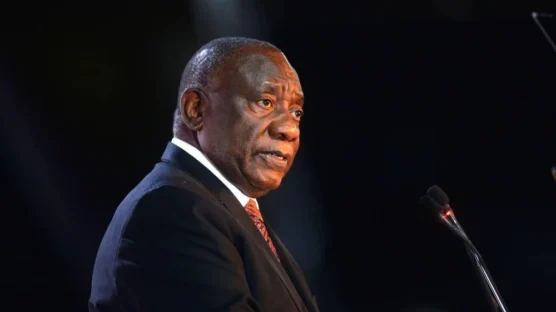
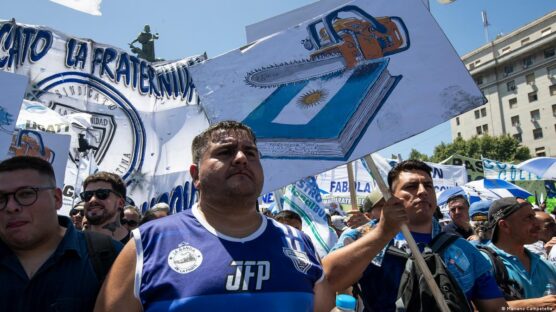

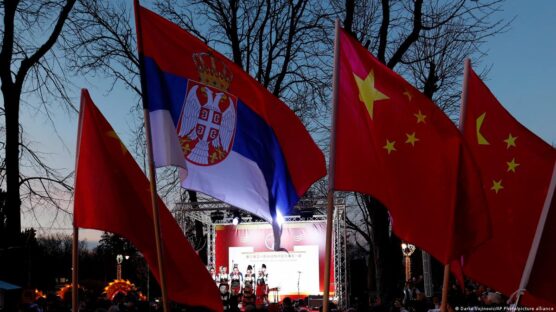
0 Comments
We will review and take appropriate action.